A sea of stories: Preserving Cycladic maritime culture

Manolis Zisimopoulos from Paros, remembers taking trips on kaikia (traditional wooden boats) from the age of seven, recalling the days when his grandfather and father transported barley for the production of beer to Athens. Captain Kostas Prasinos on the island of Ano Koufonisi recounts how he has transported thousands of travelers on his boat, the Rousseto Prasinos. His father was one of the most accomplished captains in the area. “The storm brings good luck,” Prasinos says. “But you must become friends with the sea, and you can’t try to trick it.” In Amorgos, Nikolaos Vekris also follows the family tradition. “I am a third-generation sailor,” he says. “Maybe even more than that, because I don’t know what my great-grandfathers did.”
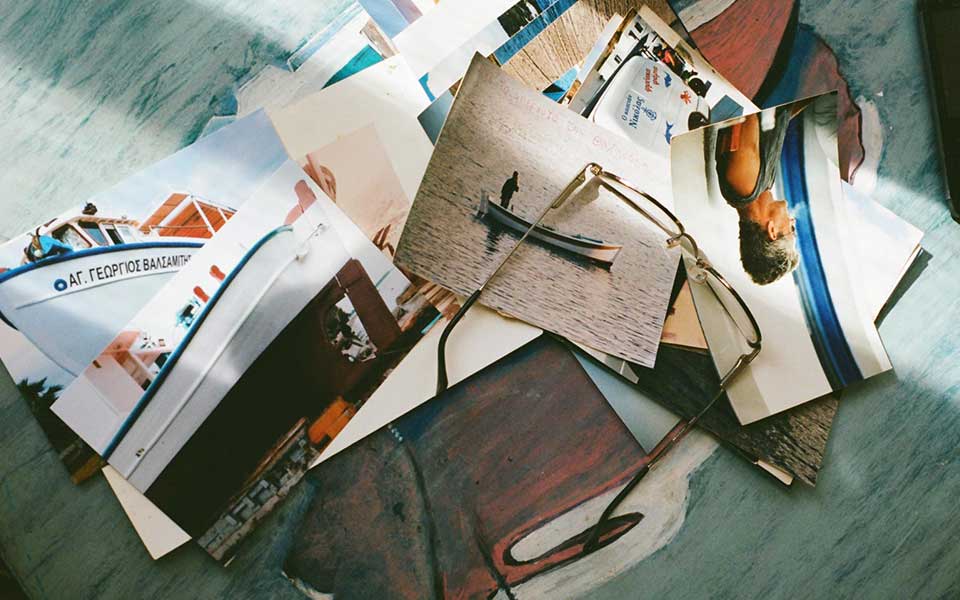
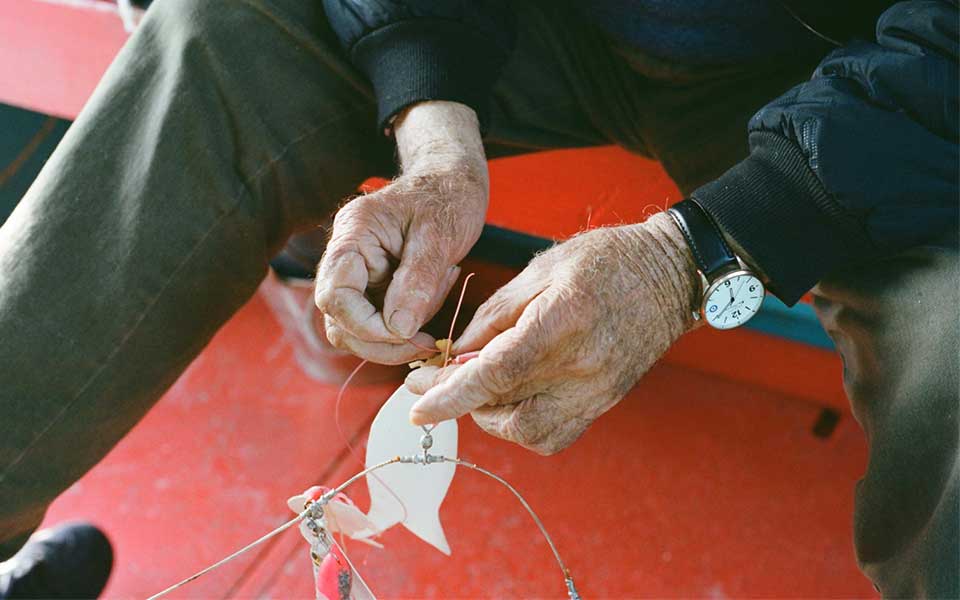
A new project from the Archipelago Network, “Maritime Trades of the Cyclades,” features videos, photographs, audio recordings and archival material, as well as well as interviews with dozens of people who have shaped, and continue to shape, the Aegean experience with their wooden boats. Twelve months of research and documentation were needed to complete the project, resulting in 19 archival collections with thousands of photographs, dozens of hours of recordings, three-dimensional models of selected woodworking tools, and over 500 digitized photographs and rare archival documents, as well as a 12-episode documentary series. Visitors navigate the exhibition using an interactive digital map to explore Amorgos, Koufonisia, Paros, Santorini and Syros, where they encounter stories like the ones mentioned above, told by ship carpenters, fishermen and sailors.
There is material on the fishermen of Paroikia; the shipyards in Amorgos; the captains of Koufonisia; the legendary Skopelitis family, known throughout the Lesser Cyclades; and the fishing vessel Timios Stavros, that still sets sail from the bay of Aegiali. The project looks at the ships, the people who work on them, and their lives at sea and on the land.
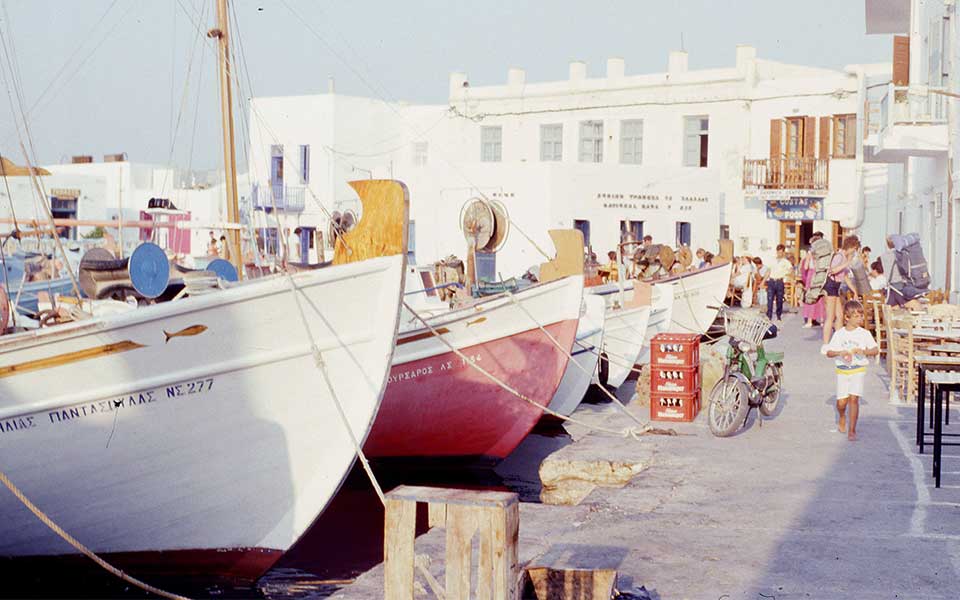
The project aims to explore how wooden boatbuilding, small-scale fishing and shipping are connected to Cycladic identity and culture. Simultaneously, through the documentation and dissemination of tradition, the Network also serves another goal: to raise awareness of this heritage in order to put an end to the policy of withdrawing and destroying the old wooden boats of Greece.
For a number of years now, the Greek government has subsidized the withdrawal of fishing licenses as part of a European policy to reduce the environmental impact of fishing. As part of this program, traditional fishing craft are broken up, never to be used again. Through their efforts, the Network seeks to promote an alternative, sustainable approach to fishing that doesn’t require destroying the country’s maritime legacy.
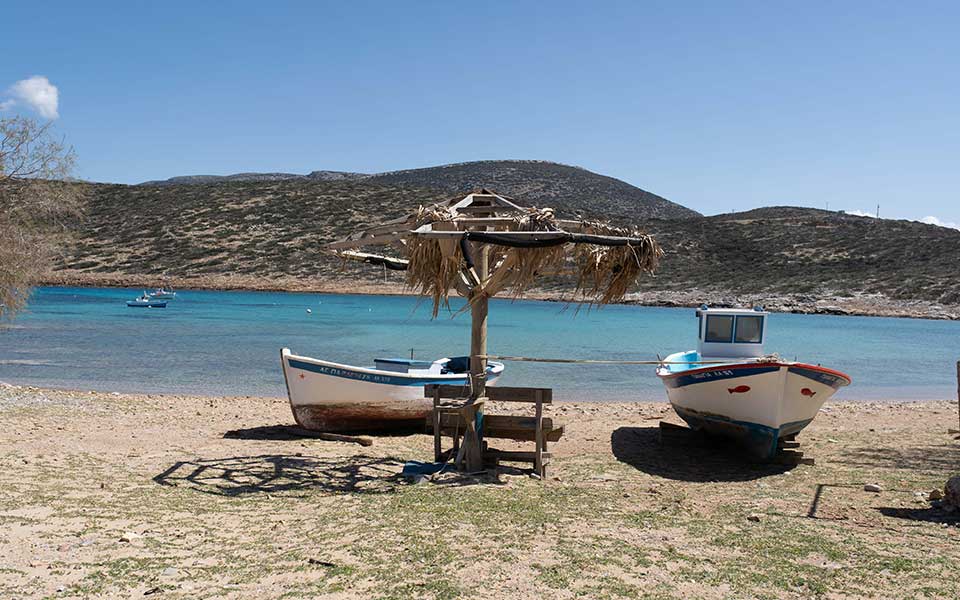
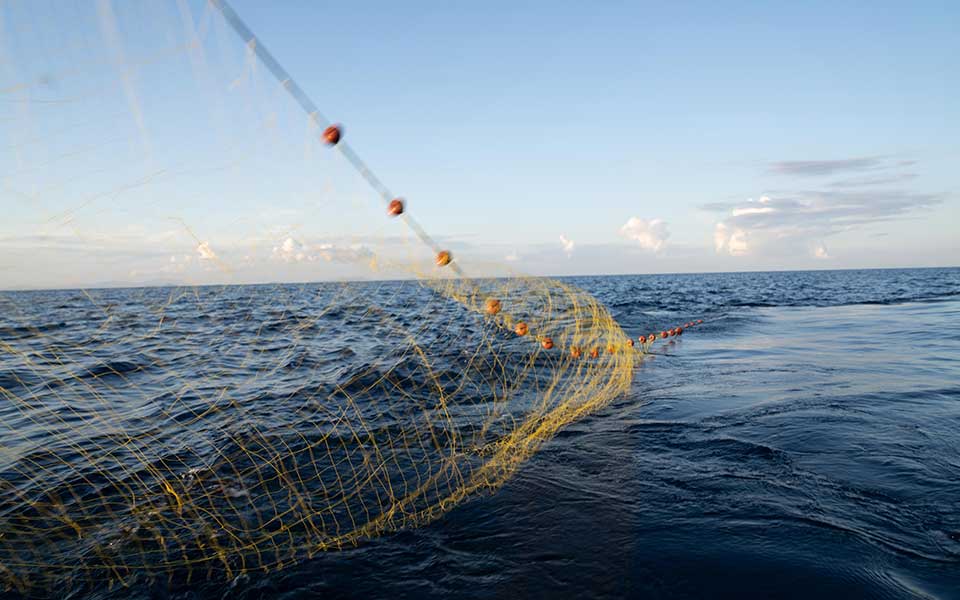
According to the Archipelago Network, wooden boats have always functioned as connecting links between the islands and the surrounding area; their construction and maintenance gradually evolved into a distinct art form requiring special skills and expertise. Over the centuries, shipbuilding, small-scale fishing, and the transportation of goods and people has engendered a wealth of knowledge about the sea, and that knowledge hascontributed to the survival and empowerment of generations of people.
The archive collections, which will be further enriched throughout 2024, are offered on an open-access basis for study and use by all audiences, including researchers. At the same time, the Network is preparing a series of activities on the aforementioned islands (including exhibitions, film screenings, and lectures) with the aim of “honoring these practices and defending their continued survival and evolution.”
This article appeared in Greece Is (www.greece-is.com), a Kathimerini publishing initiative.





